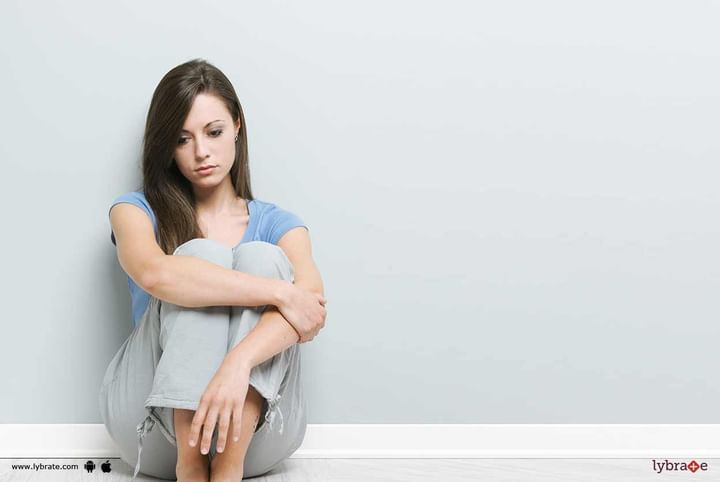In Detail About Depression & Tips To Cope With It!
Feeling tired all the time? Do you feel that you can’t focus on things anymore? Have you lost interest in things and people you once loved spending time with? Does your temper fly off the hook at the drop of a hat? If it is a ‘yes’ to the questions above, then you might be slowly but steadily succumbing to depression. Depression is a psychological disorder that is characterized by symptoms of extreme sadness, helplessness, worthlessness and hopelessness over a prolonged period of time. Depression is different from sadness one may feel temporary due to situations in the environment. If you have had a persistent sense of extreme sadness for more than 2 weeks then it's important to see a psychiatrist.
Symptoms -
-
Lack of Interest: This is probably the starkest of all the symptoms. You may stop engaging in hobbies or activities that would interest you earlier. You may lose interest in social activities and would want to be alone. You may also feel like crying without knowing why.
-
A constant Feeling of Hopelessness: You tend to develop a negative outlook towards life in general, as you feel that the current situation will never get better and will only worsen. There is a sense of helplessness about the situation, hopelessness about the future and worthlessness about your own self.
-
Appetite changes: Loss of appetite is a common feature of depression; it can also lead to rapid weight loss. If engulfed by depression, one generally tends to ignore food completely, remain hungry, both of which contribute to the vicious cycle that depression is. One may also eat too much which would result in an increase in weight bringing in other issues. Hence over-eating and under-eating both are symptoms of depression.
-
Changes in Sleep Patterns: Insomnia is a condition that is marked by a sheer inability to sleep, no matter how physically exhausted one is. Depression tends to exhibit this particular symptom in maximum cases. However, oversleeping, or sleeping more than sufficient hours is also common.
-
Reckless Behavior: Depression makes one more prone to reckless behaviour; one generally develops an angry and irritated persona; this, in turn, may make one exhibit reckless and rash behaviour.
-
Lack of Energy and Focus: Depression causes one to feel fatigued and sluggish the entire day. Factors such as a total loss of appetite contribute to this particular symptom. Stemming from these symptoms are two other major occurrences; an inability to focus on anything and an inability to decide on anything.
Self-help, Coping tips and Treatment -
-
Connect with different people: Being isolated from the rest can and usually aggravates symptoms of depression. So, reach out to other people and your loved ones; talk to your loved ones and try to empty your mind when you are having a one-to-one conversation with them. Interacting and talking to others will make you feel better.
-
Exercise daily: An early morning jog can feel daunting at first but the benefits are immense. Exercising regularly has been proven to be as effective as anti-depressants in combatting depression. Even a 20 minutes jog early in the morning releases ‘endorphins’ in the body, also known as the ‘feel-good hormones’. These hormones induce a feeling of happiness and relaxation, thus taking your mind off any particular event or circumstance that has been bothering you. Join a yoga class or hit the gym.
-
Avoid Alcohol: Substance abuse like drinking alcohol to deal with your sadness makes things worse. Alcohol also interferes with other medications that you may be taking to combat depression, thus reducing their potency.
-
Get an adequate amount of sleep and eat a balanced meal: Sleep has a beneficial effect on your mental health as it has been proven to improve memory and other cognitive and brain functions. Keep a fixed time to go to bed and wake up daily at the same time. Eat balanced food with all required nutrients at appropriate intervals. Engage yourself in creative activities like doodling, cooking, gardening etc. Key is to have some form of action or movement in your routine.
-
Medications: Medications such as anti-depressants are administered to treat depression. Selective Serotonin Reuptake Inhibitors (SSRIs), including citalopram, fluoxetine and sertraline are the most commonly administered medications to cure this condition. Medications should only be taken under the prescription from a psychiatrist and any form of self-medication should not be indulged in.
- Therapy: Along with medication seek help from a psychotherapist or a counsellor. Having a safe non-judgemental space where you can feel heard and cared for helps in the recovery process.



+1.svg)
